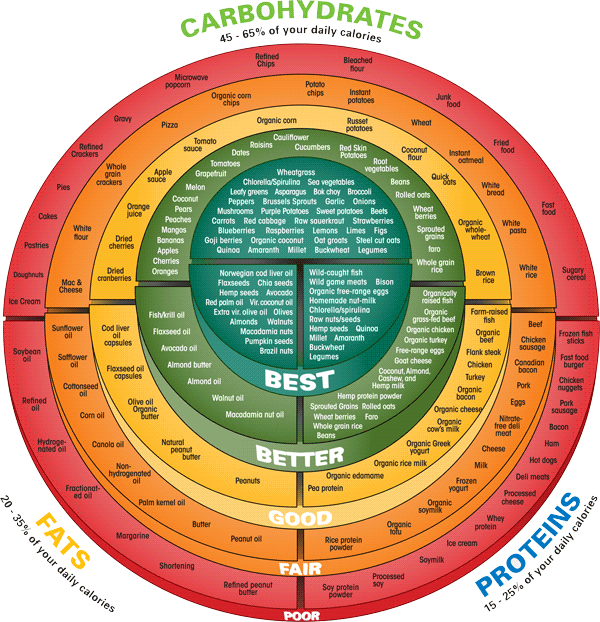Module 1: Mindful Eating
A non-judgment practice of eating in a way that makes you feel healthy and happy
Mindful eating is about paying attention to your eating on purpose and being completely engaged in the act of eating. It’s a non-judgement practice where you don’t compare yourself to others but you instead focus on eating in a way that makes you feel healthy and happy. Rather than relying on science, stats, diets, and trends, you use your intuition and common sense to make choices. Do you really think energy comes in a can, adding butter to your coffee will help you lose weight or restricting yourself of carbs the rest of your life will be the only way to stay fit? I recently had someone tell me that they heard kale was unhealthy for you and that wheatgrass causes death. Now, if we really use our common sense to think about this, we know that these comments are ridiculous. Building a healthy lifestyle that sticks, starts with learning how to become a mindful eater. Over these 8 weeks, I will teach you not only how to be a mindful eater, but also how to live your best self. You can think of the Food Target as your mindful eating guide. You can also find our Kid’s Food Target here. It's not about giving anything up, it's about making everything better. We know that the body needs carbs, proteins, fats and calories but it just depends on the quality. Aim for 80% of your food choices coming from the center green circles of the target.
The Food Target combined with your cookbook, will be your go-to guides to eating. Don't forget to use the Two- Week Meal Plan to help you build your mindful eating lifestyle.
Remember, that this meal plan is just a guide. Mix and match to make it your own. Experiment in the kitchen with new foods and flavors and make mistakes.
The Food Target combined with your cookbook, will be your go-to guides to eating. Don't forget to use the Two- Week Meal Plan to help you build your mindful eating lifestyle.
Remember, that this meal plan is just a guide. Mix and match to make it your own. Experiment in the kitchen with new foods and flavors and make mistakes.
Here, I break mindful eating down into 8 simple steps.
- Use your common sense and only your common sense to make choices.
- Understand that extremes and food restrictions will never work.
- Be mindful of how much and how often you indulge.
- Understand how certain actions make you feel before you make them.
- Allow yourself to give in a bit for the sake of the relationship and bigger picture.
- Find things that make you live more mindfully.
- Find ways to “let go” and stop worrying about being perfect.
- Take time to build this lifestyle and don’t take any short cuts.
Common Sense Versus Science?
There is always going to be a new diet on the market or crazy food trend in the media and we need to be able to understand how to eat no matter comes our way. Most diets on the market you can't follow when you're pregnant, a time when you should be getting the best quality nutrition. Other diets you can't feed your kids. Probably not a good thing for us to follow huh? Using your common sense when it comes to eating will be your best bet even if science says otherwise. The definition of science is the pursuit of truth or the state of knowing. Scientific method is the systematic pursuit of knowledge, the collection of data through observation and experience, and the formulation and testing of hypotheses or an assumption. So what makes science true? After all, it's always changing. For example, trans fats were once claimed to be healthy and labeled GRAS (generally recognized as safe) by the FDA. They were then used to replace all "harmful saturated fats" in the marketplace. Saturated fats are now shown to have amazing health benefits and are actually needed to survive (they make up the integrity of every cell in the body). Trans fats on the other hand, are now banned from our entire food supply because of their harmful and even deadly affects on the body. According to the National Institutes of Health (NIH), trans fats raise your LDL or “bad” cholesterol; levels and lower your HDL or good cholesterol levels. The Mayo Clinic says this combined effect increases your risk of heart disease, the number-one killer of men and women. If we would have used our common sense from the very start of introducing trans fats into your food supply, we would have been able to identify that this foreign substance as harmful. The definition of trans fat is: an oil that has been chemically changed from a room temperature liquid state into a solid. Um yuck and weird right? GMOS (genetically modified organisms) are plants or animals created through gene-splicing techniques. This technology combines DNA from different species, creating combinations of plant and animal genes that do not naturally occur in nature. Bottom line is we simply don't know what these foods will do to us 20 years from now and we already seeing harmful side effects when it comes to consuming GMO foods including issues with digestion, allergies, absorption, and so much more. Eating should be simple. As babies, we were born knowing what to eat. We weren't born craving junk. Who thought their first beer or sip of coffee was delicious? Gross right? Just as we train ourselves to like unhealthy good, we can train our taste buds to crave healthy foods and use our common sense to navigate this crazy food world.

